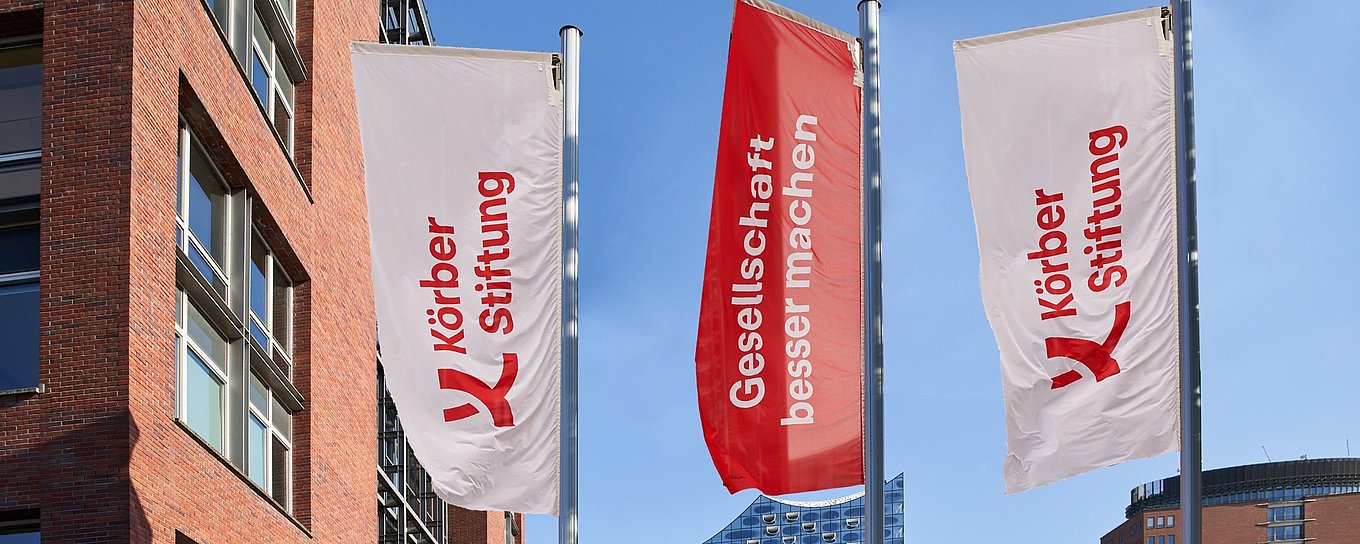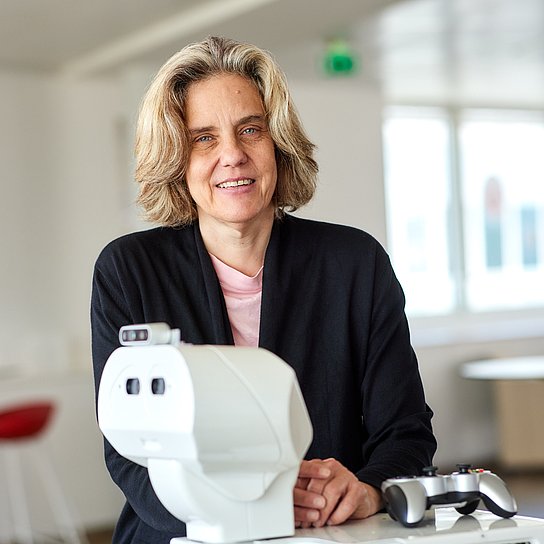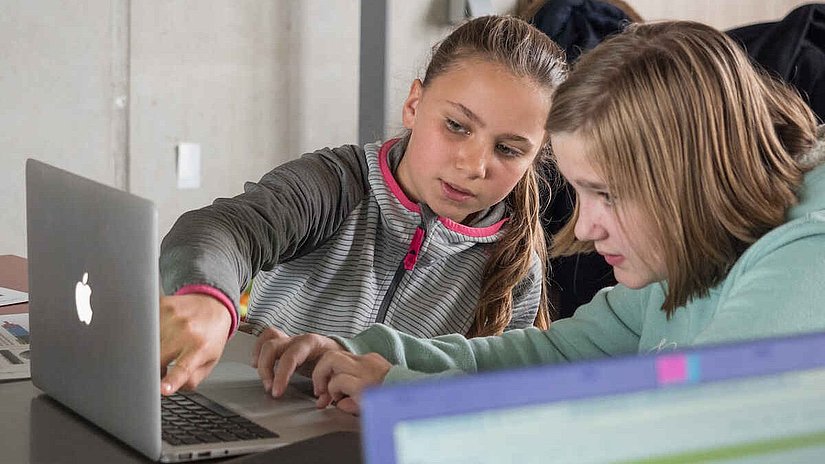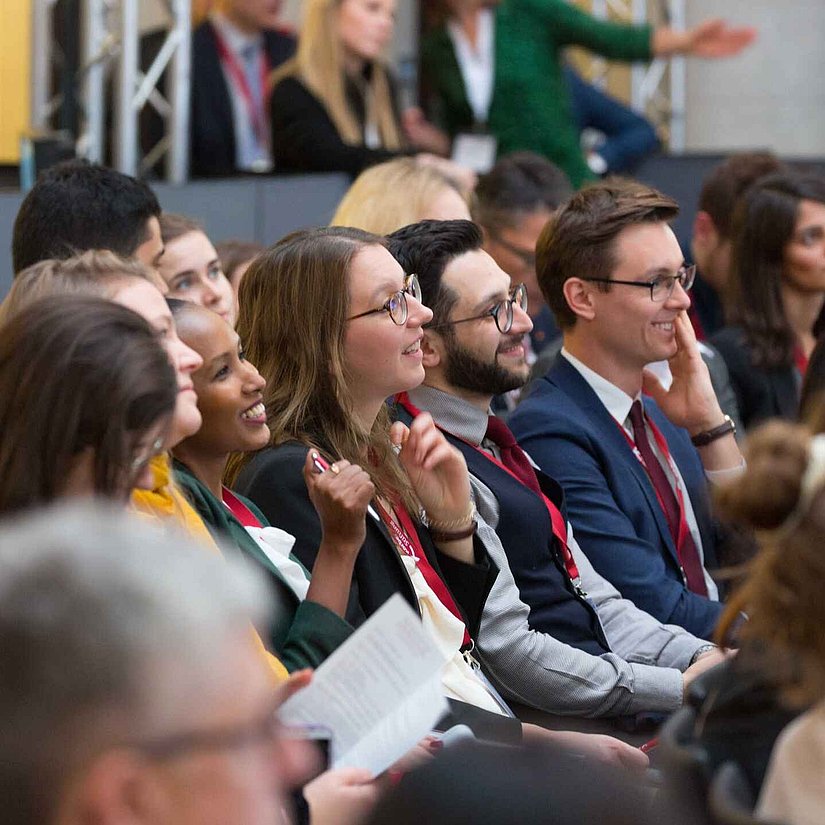
Knowledge for Tomorrow, international dialogue, and a vibrant civil society: The Körber Foundation promotes societal responsibility.

We
Knowledge for Tomorrow, international dialogue, and a vibrant civil society: The Körber Foundation promotes societal responsibility.

Societal change is successful only if people get involved. The Körber Foundation encourages societal commitment by initiating discussions and testing solutions. The Foundation promotes dialogue between nations and between societal groups in Germany. Further, its activities support an increase in understanding and reflection through science, education, and culture as well as via the reflection of people’s historical origins and identity.
The Körber Foundation pursues the mission statement of speaking, acting and motivating to make arguments and ideas heard, to implement these ideas and formats in its own projects, and to bring together multipliers and decision-makers: with the aim of improving social coexistence.
The Foundation’s work is based on several areas of action: Knowledge for Tomorrow, international dialogue, a vibrant civil society and cultural impulses for Hamburg.
The Foundation was established in 1959 by the entrepreneur and visionary Kurt A. Körber. As an innovative thinker, he not only founded an international technology Group but also laid the cornerstone of the Foundation.
The Körber Foundation is the sole shareholder of Körber AG, which is part of the Foundation’s assets. The Foundation receives an annual dividend from its equity investment in Körber AG, which it uses exclusively for socially beneficial purposes.

